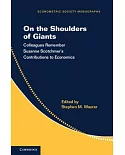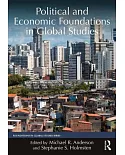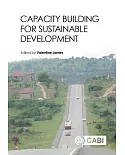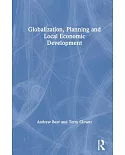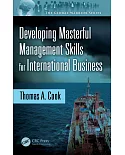Foreign direct investment (FDI) is becoming increasingly critical to the economies of developing countries, in part due to a major expansion in the scope of global value chains (GVCs), whereby
lead firms outsource parts of their production and services activities across complex international networks. FDI delivers important contributions including investment, employment, and foreign
exchange. However, it is FDI’s spillover potential—the productivity gain that may result from the diffusion of knowledge and technology from foreign investors to local firms and workers—that is
perhaps its most valuable contribution to long-run growth and development.While substantial research has been undertaken on the existence and direction of spillovers from FDI, many questions
remain. Moreover, there is a need to understand better the dynamics of spillovers in certain contexts, including in low-income countries, in resource-based sectors, and in the context of
GVCs.Making Foreign Direct Investment Work for Sub-Saharan Africa: Local Spillovers and Competitiveness in Global Value Chains presents the results of a groundbreaking study designed to address
some of these questions, drawing on detailed field research in eight countries (including five inSub-Saharan Africa) across three sectors: agribusiness, apparel, and mining. The book presents a
summary of the results of this analytical work and discusses the implications for policy makers hoping to harness the power of FDI for greater development outcomes.


